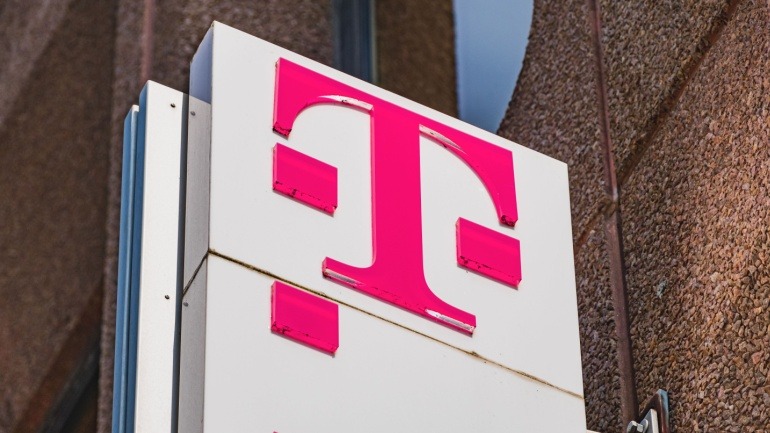The telecom industry is abuzz with Aduna, a groundbreaking joint venture in API technology by Ericsson, Google Cloud, and global operators. Aduna aims to revolutionize VoIP, leveraging network APIs for 5G monetization and innovation.
Telstra and Starlink are pioneering Satellite-to-Mobile text messaging in Australia. Through leveraging satellite technology, this partnership aims to address mobile coverage limitations in remote areas.
The FCC Chairwoman Jessica Rosenworcel is advocating for a fast-tracked spectrum auction to replace Chinese telecom equipment, addressing national security risks. This urgent move, linked to cybersecurity threats like the Salt Typhoon attack, is pivotal for securing telecom networks.
As the demand for specialized cybersecurity rises, Red Helix commits £1 million to expand its UK-based 24/7 security operations center. By intensifying its team capacity and integrating cutting-edge tools, Red Helix ensures SMEs can access top-tier cyber protection.
The state of Washington is pursuing legal action against T-Mobile over a massive 2021 data breach affecting millions. The incident underscores the growing cybersecurity challenges faced by telecom providers.
Nokia Bell Labs is pioneering lunar communication through the Lunar Surface Communication System with Intuitive Machines. This 4G/LTE network will power seamless connectivity for upcoming lunar missions, enhancing communications for exploration vehicles.
Deutsche Telekom’s strategic move to merge national and international wholesale operations into T Wholesale aims to meet growing global demand for telecom solutions. This unification enhances service offerings, providing a comprehensive portfolio including IPX, fiber optics, and cutting-edge 5G solutions.
MasOrange and Vodafone Spain have joined forces to create FiberCo, set to become the largest fiber network company in Europe. This joint fiber venture aims to significantly expand Spain’s FTTH network.
The UK government has awarded £289 million in Project Gigabit contracts to Openreach, boosting rural broadband access for 131,000 remote homes and businesses. This investment supports fibre-to-the-home networks in underserved areas, enhancing digital opportunities and promoting equity.
Italy is in talks with SpaceX for a €1.5 billion contract aimed at enhancing national telecom security. The deal incorporates encrypted communications and Starlink’s integration to boost connectivity, especially in underserved areas.













